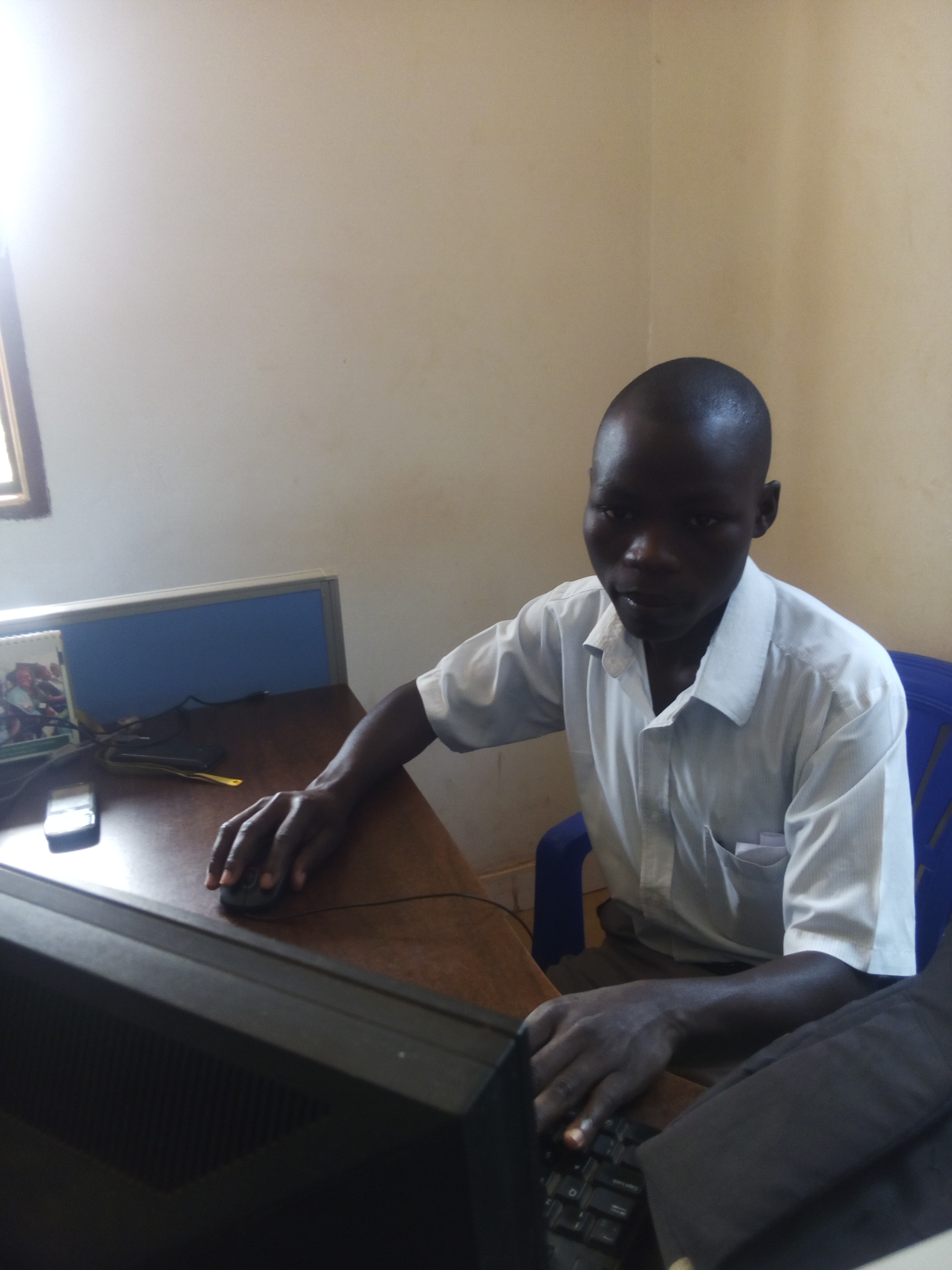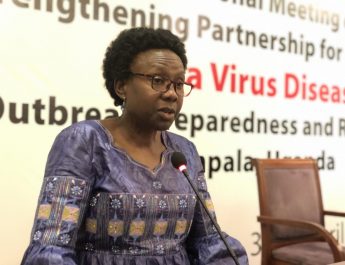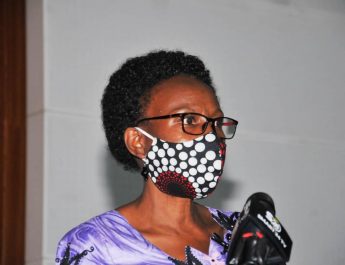The death toll from a new coronavirus outbreak surged past 1,000 on Tuesday as the World Health Organization warned infected people who have not travelled to China could be the spark for a “bigger fire”.
The rise came after President Xi Jinping made a rare visit to a hospital in Beijing, wearing protective gear as he chatted with medical workers and patients.
An advance team for a WHO-led international expert mission arrived in China as the country struggles to contain a viral epidemic that has now infected more than 42,000 and reached some 25 countries.
Another 108 deaths were reported on Tuesday — the first triple-digit rise since the virus emerged.
The first death was reported on January 11. The number of deaths has increased a thousandfold in just one month, reaching 1,016, though the mortality rate remains relatively low at 2.4 per cent.
Chinese authorities have locked down millions of people in a number of cities while several governments have banned arrivals from China, and major airlines have suspended flights to keep the disease away from their shores.
But the case of a British man who passed on the virus to at least 11 other people — without having been in China — has raised fears of a new phase of contagion abroad.
Most cases abroad have involved people who had been in Wuhan, the quarantined central Chinese city where the virus emerged late last year, or people infected by others who had been at the epicentre.
The adult British citizen, who has not been named publicly, caught the virus while attending a conference in Singapore and then passed it on to several compatriots while on holiday in the French Alps, before finally being diagnosed back in Britain.
Of those infected by the man, five have been hospitalised in France, five in Britain and one other man on the Spanish island of Mallorca.
“The detection of this small number of cases could be the spark that becomes a bigger fire,” WHO chief Tedros Adhanom Ghebreyesus said on Monday.
“But for now it’s only a spark. Our objective remains containment. We call on all countries to use the window of opportunity we have to prevent a bigger fire,” Tedros said.
But Michael Ryan, head of the WHO’s Health Emergencies Programme, said it was “way too early” to call the Singapore conference a “super-spreading event”.
“It is always a concern when people come together and then move apart and we have to have risk management procedures associated with that but you can’t shut down the world either,” Ryan said.

The News Editor ,Reporter at Kagadi Kibaale community Radio



